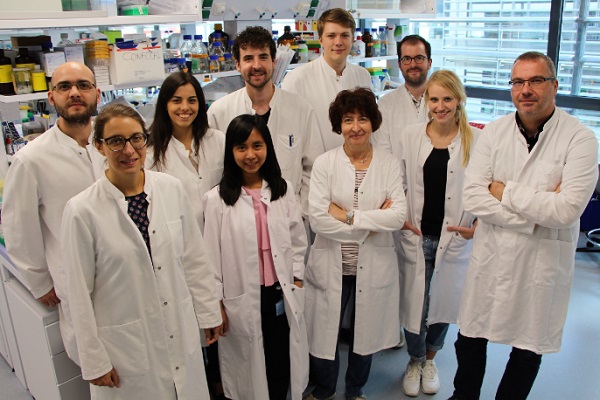 Credit: © University of Luxembourg
Credit: © University of Luxembourg
Researchers from the University of Luxembourg have discovered a molecular mechanism that is responsible for the spread of cancer cells in the body and the development of metastases in patients with colon cancer.
Colorectal cancer (CRC) is among the most prevalent cancer types worldwide, with an estimated 1.3 million new cases and almost 700,000 deaths per year. The vast majority of CRC-related deaths can be attributed to metastatic spreading of the disease. Therefore, it is important to understand the biology that underlies cancer progression and metastasis initiation.
In this context, scientists from the Molecular Disease Mechanisms (MDM) group at the University of Luxembourg compared cancer cells derived from primary (initial) tumours to metastatic cells from the same patient. The researchers found that a group of small molecules, namely the miR-371~373 cluster, is responsible for the regulation of colon cancer metastasis. In an interdisciplinary approach, combining experimental and computational analyses, the research team observed that the miR-371~373 cluster is deactivated in a specific population of very aggressive, fast-growing cancer cells. After the scientists reactivated the cluster in a complex series of experiments, the growth of the metastatic cells slowed down significantly.
Together with national and international collaborators from the RWTH University Hospital Aachen, the Integrated BioBank of Luxembourg (IBBL), the Centre d'Investigation et d'Épidémiologie Clinique (CIEC), the Laboratoire National de Santé (LNS), and several hospitals around the country, the researchers were able to validate their results in patient samples from a large Luxembourgish colon cancer collection.
The large study was supported by the Luxembourg National Research Fund (FNR) and the Fondation Cancer and its findings could help to develop treatments that inhibit tumour growth.








